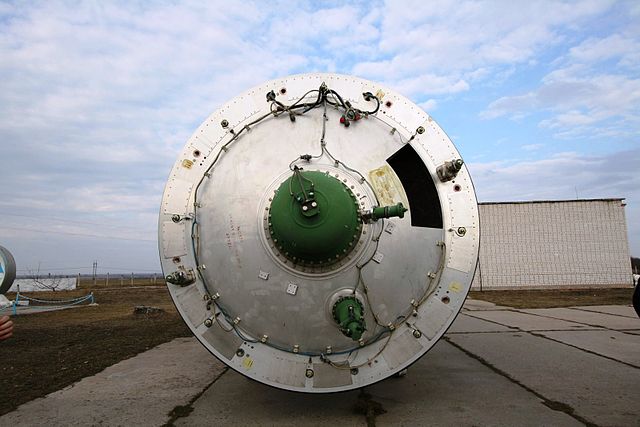Recently, as you may be aware, many in the nuclear disarmament field today are zeroing in on the humanitarian consequences of nuclear war. In the March 2016 Arms Control Today, Gro Nystuen and Kjølv Egeland explain that what paved the way for that was the final document of 2010 Nuclear Nonproliferation Treaty (NPT) Review Conference. It called “for all States at all times to comply with applicable international law, including international humanitarian law.”
Arguing that the humanitarian dimension required increased attention, the Norwegian government invited all interested states and organizations to a conference on the humanitarian impact of nuclear weapons in Oslo in March 2013. The next year, the Mexican and Austrian governments organized follow-up conferences in Nayarit and Vienna, respectively.
The “series of humanitarian impact conferences appears to have supplied a meeting format that was in demand,” the authors write. At the Austrian conference, the host nation called on other states to “fill the legal gap for the prohibition and elimination of nuclear weapons.”
The authors explain what that gap is: “unlike chemical and biological weapons—the other categories of nonconventional weapons—nuclear weapons are not explicitly and comprehensively prohibited. Given the magnitude of the humanitarian consequences of nuclear weapons, this could be considered a paradox.”
Ummm, yeah. Here is a brief summary of the five rules of international humanitarian. law.
One: Distinction. Between military objectives and civilian casualties.
Two: Proportionality. Exposing civilians to a degree of harm that is greater than the anticipated military advantage (obviously difficult to quantify).
Three: Precautions in Attack. Again to spare civilians.
Four: Superfluous injury and unnecessary suffering. This time, combatants.
Five: Protection of the natural environment.
At least as much as biological and chemical weapons — not to underestimate their dangers — the use of nuclear weapons violates all of those rules. Whether or not it would affect the governments of states with nuclear weapons, a declaration of their illegality might filter down to the public and become conventional wisdom, with the accompanying pressure that usually applies to lawmakers.

